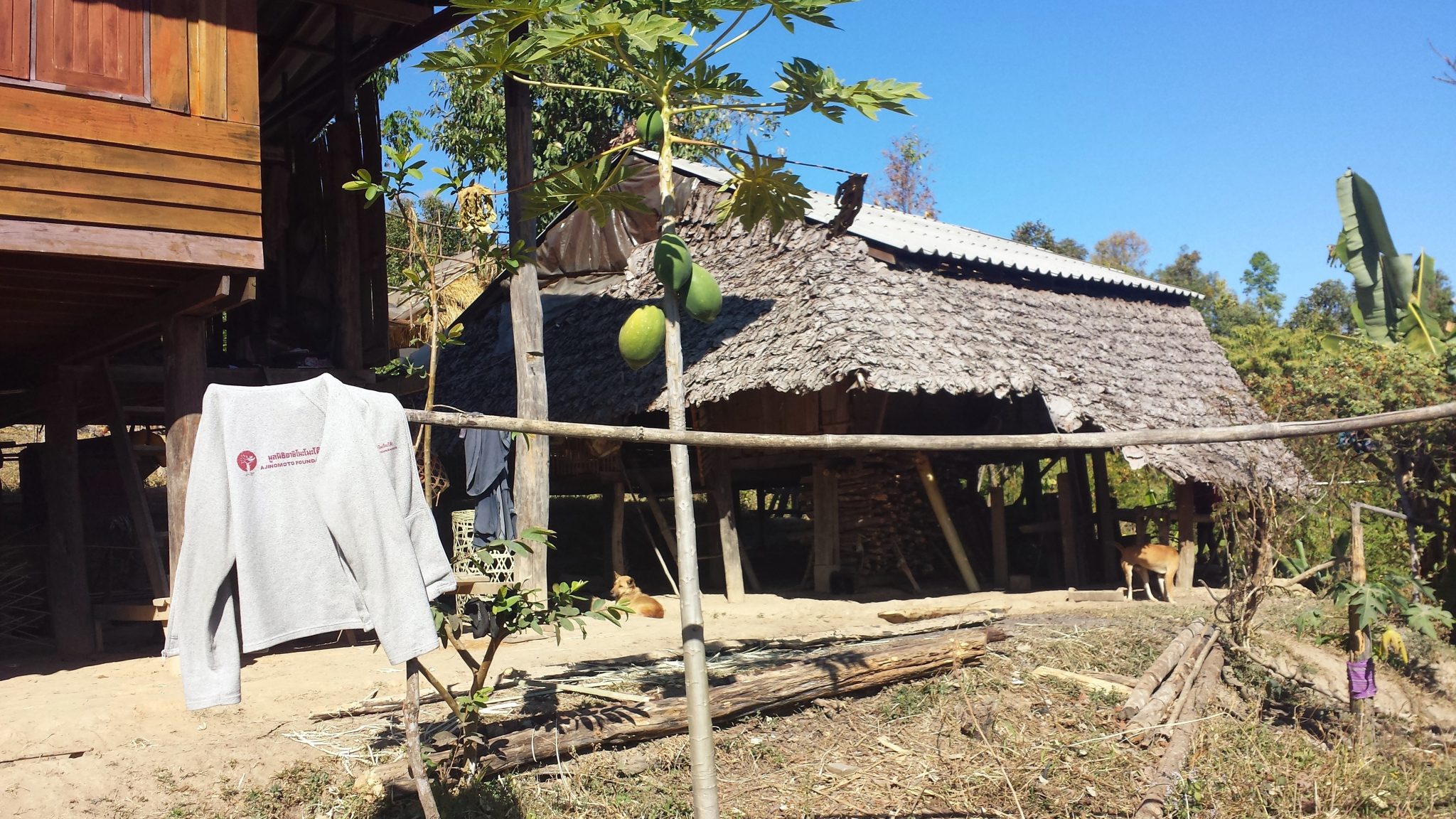It’s the nagging sensation that pervades what we vaguely call ‘modern life’: there, somewhere in the background like a dull distracting hum, is that feeling that something is somehow lacking. The malevolent fug seems to leak from TV, the Internet or the phone twitching in our palms. Alienation, we suspect, emanates from the forces of work, capital and media. And this sensation only gets worse when we try to escape it. Because the awful irony is that it is ‘modern life’ – in the form of things like cheap air travel – that allows us to fill that void, to head off to the unspoiled exotic, to get back to nature and try to find ourselves.
It’s exactly that uneasy sensation I’m feeling at a table in a guesthouse in Thailand’s Chiang Mai. We – that’s to say a few European backpacker types and me – have signed up for a two-day trek advertised as an ‘Eco-sensitive tour… an experience for life’ that promises ‘spectacular scenery’ and ‘friendly colourful tribes’. It also promises ‘no other tourists, no drugs, no rubbish, pure nature’. But before we voyage into the primitive, we need briefing, like adherents of Star Trek’s Prime Directive (“No interference with the social development of said planet”). Our guide lays down the rules: “Don’t wear skimpy clothes; don’t take pictures without asking. And no, you can’t charge your phone.”
We meet early the next morning and drive past golf ranges and gated communities before the strip malls begin to give way to paddy fields. From there we trek four hours up into the hills, with occasional jungle for shade. At strategic points we come across coolboxes manned by locals with cardboard menus of Coke, beer and crisps.
Our guide lays down the rules: “Don’t wear skimpy clothes; don’t take pictures without asking. And no, you can’t charge your phone”
In the afternoon sun we arrive in the village. We walk past primitive huts on stilts, their roofs made from leaves folded over bamboo. Chickens scratch around the roots of exotic fruit trees. We reach what will be home for the night, and our guide slips off. We find ourselves alone with each other, and inevitably start performing our own stereotypical roles: the serious Eastern European, the earnest German and, I suppose, the cynical, flippant, supercilious Englishman.
After dinner our guide returns to tell us that he’ll take us up to visit his friend, the Head Man. Come the time, we troop up the hill to a small hut, take off our shoes and climb a ladder into an attic-like room lit by a bulb powered from a car battery, a fire burning in a hearth. Warming himself next to it and propped against a post is the Head Man. We sit in a circle, and the Head Man offers us tea. His wife pours it from a blackened pot into bamboo cups. They might be authentic, but the hot tea leaks from their sides; the Head Man doesn’t seem too concerned and gets his wife to swap them for less folkloric mugs.
There’s an awkwardness as we contemplate how this cultural exchange might work. The silence is broken by fantastic belches from our hosts. Then the wife, who seems to know the drill, starts asking questions: “What do you eat in your country? What do you have for breakfast?” “Toast,” I answer, which seems a disappointing cultural revelation, but, it turns out, I’m just finding my range. “What do people do in your country? Are they farmers?” She asks as though she knows exactly how to push our cultural buttons.
I find myself describing a world where everyone works in big buildings, spends the day sitting in front of computers regardless of their job. How farms are giant fields harvested by satellite-controlled robotic machines. I feel a little like C3PO in the Ewok Village. And it feels just as staged. We’re all in on the act, playing parts written a long time ago when industrialisation and colonisation invented the idea of the primitive. And it’s an act that happens here three times a week as group after group of authenticity-seekers climb the ladder to meet the Head Man.
Still, this is a real village, a real hill tribe and a real way of life. And if being primitive – or rather being a place onto which we can project fantasies of authenticity – is part of its economic reality, then who are we to argue? Perhaps the only authenticity we can ever really encounter is the reality of our own cultural machinations. And that it’s in the awkwardness and ironies of this suburban jungle that we really find a truth: that the myths of primitivism are as delusory as our myths of modernity.
This article was first published in the April 2014 issue.
